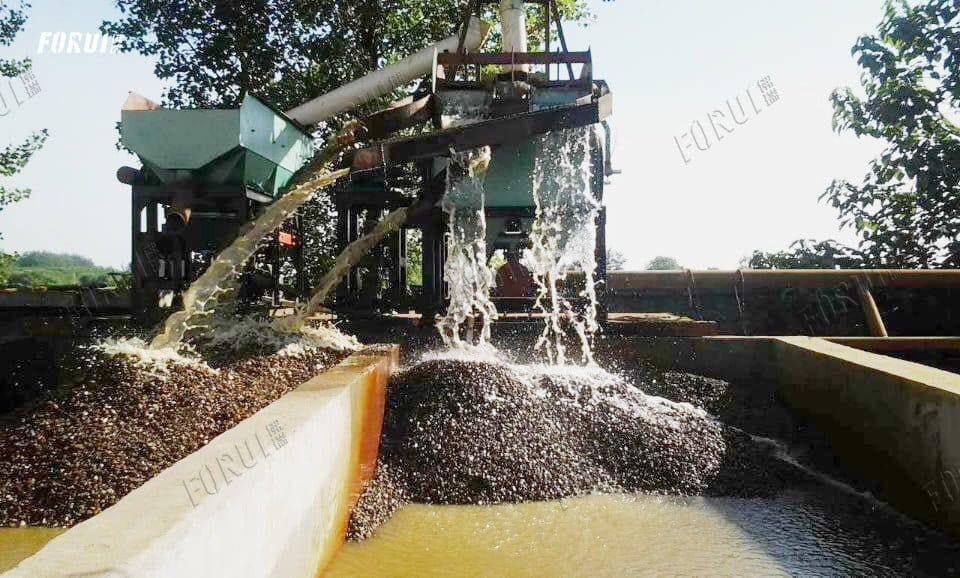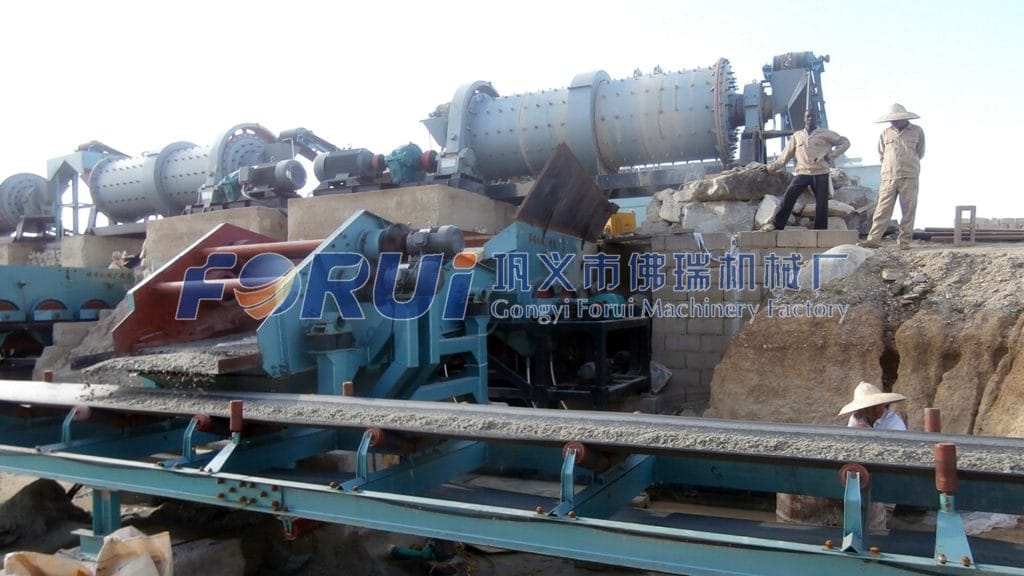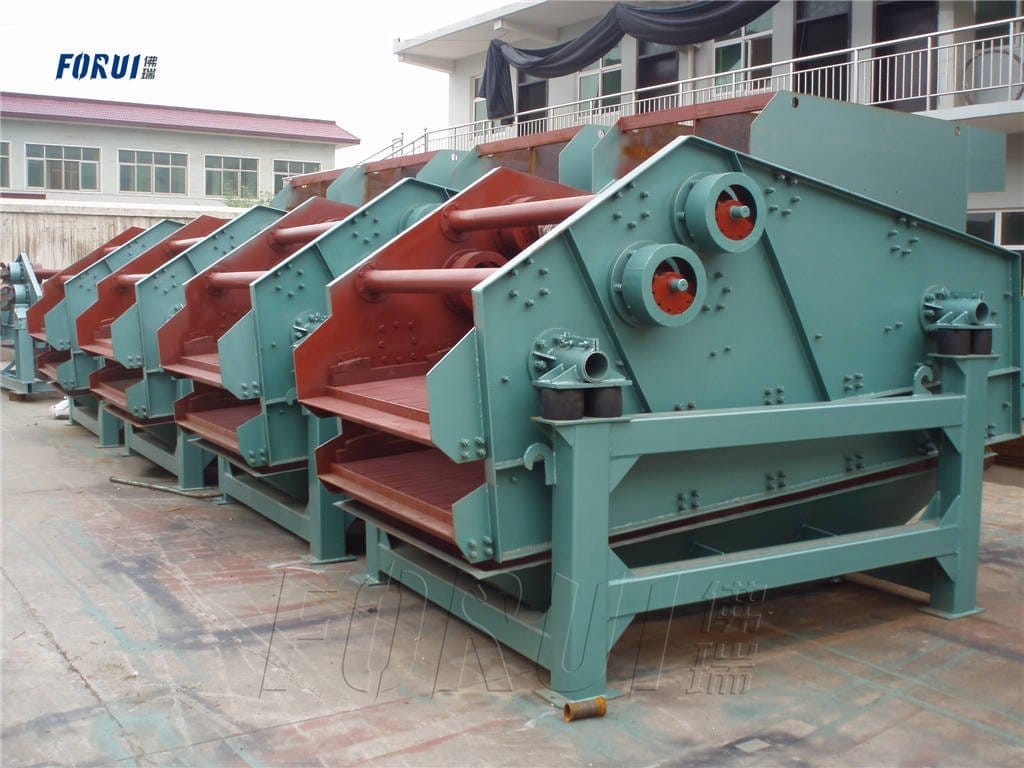Why Should the Product be Dehydrated in Gravity Beneficiation
Overview
Concentrators usually need to dehydrate concentrates and tailings, but why do they contain so much water? Why dehydrate them? What are the methods of dehydration? Today we are going to share the answers to these questions with you.
Dehydration (dewatering): It is the process of separating water from minerals.
Why do Minerals Contain so Much Water

Concentrates and tailings produced in the general beneficiation process will contain a certain amount of water. Because whether it is gravity beneficiation, flotation, or magnetic separation, it is all related to water. In a gravity beneficiation plant, water is usually used for beneficiation, and there is bound to be a large amount of water in the concentrate and tailings. The water contained in the concentrate of the flotation plant is about 4 to 5 times the weight of the solid, and magnetic separation is divided into dry separation and wet separation, so wet magnetic separation is bound to contain water.
Significance of Dehydration
- From the perspective of transportation, the concentrate or tailings must be dehydrated, otherwise, the transportation of the ore is very difficult and will increase the transportation cost. Moreover, in cold areas, the ore containing a lot of moisture will freeze, which is even more unfavorable for the storage and transportation of the ore.
- From a metallurgical point of view, the dehydration of concentrate is also very necessary for smelting. The high water content of concentrate not only increases the energy consumption of smelting but also reduces the utilization factor of the metallurgical furnace. In addition, in order to strengthen environmental protection, or to reduce the consumption of water resources in areas lacking water sources, it is also necessary to dehydrate the mineral processing products.
Concentrates need to be dehydrated, and tailings also need to be dehydrated. The water content of tailings is often above 70%, and it is generally dehydrated before entering the tailings pond.
Dehydration Methods
1. Mechanical dehydration
It uses mechanical forces (gravity, pressure, centrifugal force) to separate water and solids. For example, precipitation concentration and filtration all fall into this category. This type of method is mainly used for dewatering in beneficiation production.
2. Thermal dehydration
It uses heat energy to vaporize moisture to achieve the purpose of separating moisture and solids. For example, a rotary kiln dryer is used to dry the material.
3. Dehydration by physical and chemical methods
It uses water-absorbent chemicals, such as quicklime, anhydrous calcium chloride, etc., to absorb the moisture in the material.
Dehydration Steps
In the process of beneficiation, the dehydration of coarse-grained materials is relatively simple. Gravity can make the moisture in the materials flow down naturally, thereby removing most of the moisture. The dehydration of fine-grained materials is more complicated. For example, the size of the concentrate in many concentrators is relatively fine, and its dehydration is usually divided into two steps:
1. Sedimentation & Concentration
The first step is sedimentation and concentration. Flotation plants usually use equipment such as sedimentation tanks or thickeners to concentrate the very thin slurry to a slurry with a water content of 50-30%.
2. Filtering
The second step is filtering. Use a filter to make the moisture content of the concentrate product reach about 16-8%.
3. Drying (on demand)
According to the specific circumstances, if the concentration plant has strict requirements on the moisture content of the concentrate, or in the cold season in the north, it is sometimes necessary to dry it. Drying the material with a dryer can reduce the moisture in the material to below 6%. However, it must be pointed out that the cost of drying and dehydration is higher, and the loss of concentrate is also greater. Therefore, the common dehydration process in the concentrator is the two-stage dehydration process of concentration and filtration.
Gongyi Forui Machinery Factory is a professional manufacturer of mineral processing equipment. The factory produces complete sets of mineral processing equipment such as jigs, magnetic separators, flotation machines, etc., and designs mineral processing flow and equipment configuration for customers. If you have any questions, please feel free to contact us. Contact number: +8618026978087.




Responses